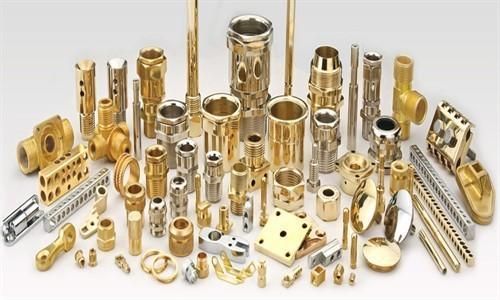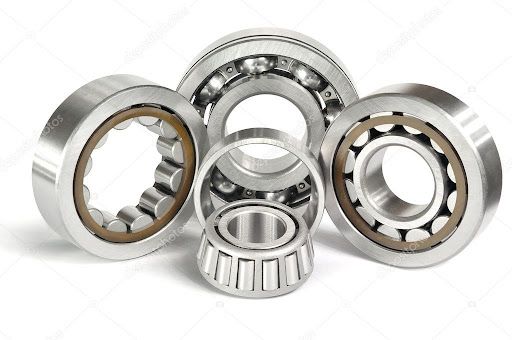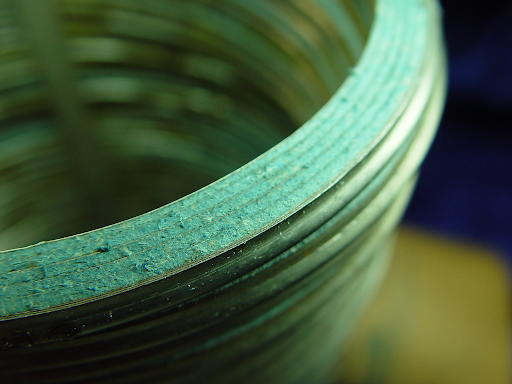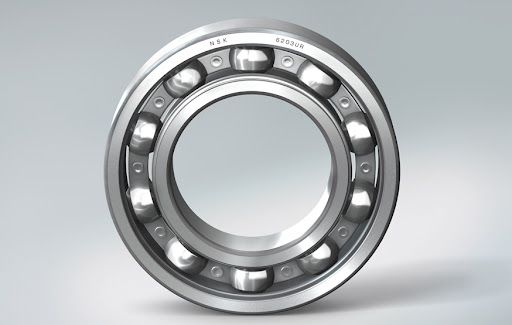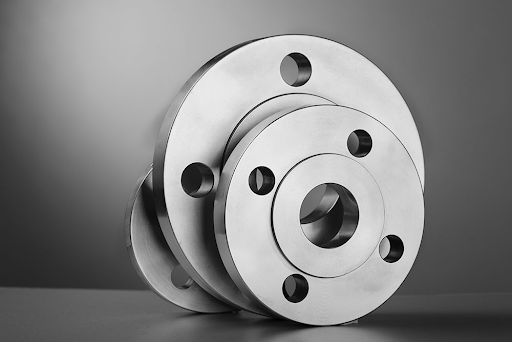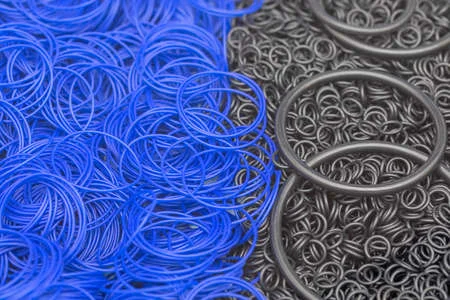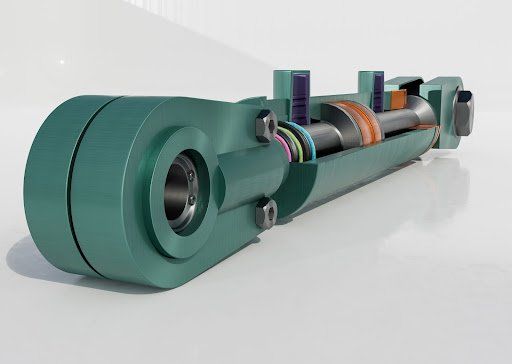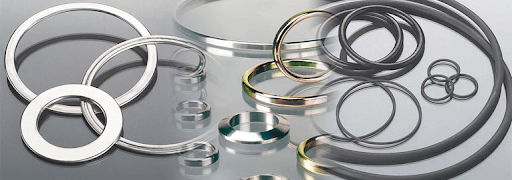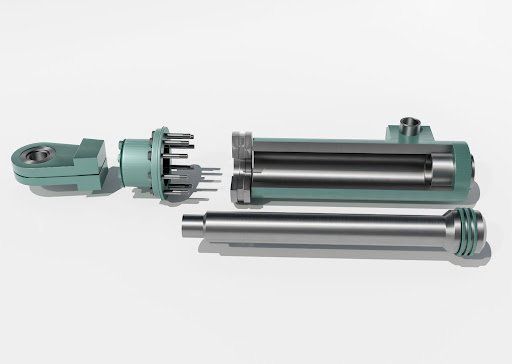All You Need to Know About Threadlock Adhesives
One of the terms you’ll come across when shopping for fasteners is threadlock adhesive (also known as threadlocking adhesive or threadlocker). Millions of fasteners are used across the globe, but despite the advancements that have been made in material strength and the manufacturing process, there is still the potential for fasteners to break or loosen. Fastener failure is a costly and dangerous business, so it’s crucial that you understand the various ways to reduce this risk. One of the most successful options is by using threadlock adhesive.
What Are Threadlock Adhesives?
Threadlock adhesives have often been simply referred to as glue, but they are much more than that. Essentially, threadlock adhesives are a range of resins that are applied to the surface of fasteners to prevent them from loosening. The resins chemically bond to the threads of the fasteners, becoming solids when they are exposed and filling all the microscopic grooves in the material, completely sealing the fastener to the object it is fastening. This sealing process makes it very difficult for the fastener to loosen and provides excellent protection against corrosion.
How to Select the Correct One
There are many varieties of threadlock adhesives in the market, each with its own strength, price, and quality. You need to be careful when selecting because each brand is designed to work best for a certain application and for a specific amount of time. The most important factor to consider is the strength or hold of the adhesive, allowing you to decide if you need the fasteners to be removed at some point soon or stay in place for many years to come. Low strength adhesives allow fasteners to be removed with ease, medium strength would require the use of hand tools, and high strength would require the use of hand tools as well as heat.
The other points to consider when selecting the right adhesive are the size of the fastener, the temperatures that the fasteners will be exposed to, vibrations, chemical contact, and the types of metal surfaces that will be in contact with the fastener. All these factors will influence whether you need a higher quality resin to withstand higher temperatures or whether you need a primer to make sure the adhesive cures to the metal. To save yourself the worry, as well as the cost of an error, it’s always best to speak to a professional dealer . They can ensure that you make the right choice to suit your budget and the intended application.
How to Apply It Correctly
If not correctly applied, the materials lose their potential benefits, so it’s important that the application is done properly. Some vendors will sell fasteners that already have adhesives applied, and others will apply the adhesive to the fasteners after your purchase. Either way, the adhesive should only be applied to the parts of the fasteners where the threads will be in contact with the material being fastened.
Threadlock adhesives are a vital element in ensuring your fasteners stay strong, last long and keep your equipment from becoming a threat to your and staff’s safety. In addition, they protect your equipment from unnecessary motion and from gathering moisture that could lead to corrosion. For any queries regarding the correct type of adhesive to use for your application, don’t hesitate to speak to the qualified team of experts at Bearing Centre .

